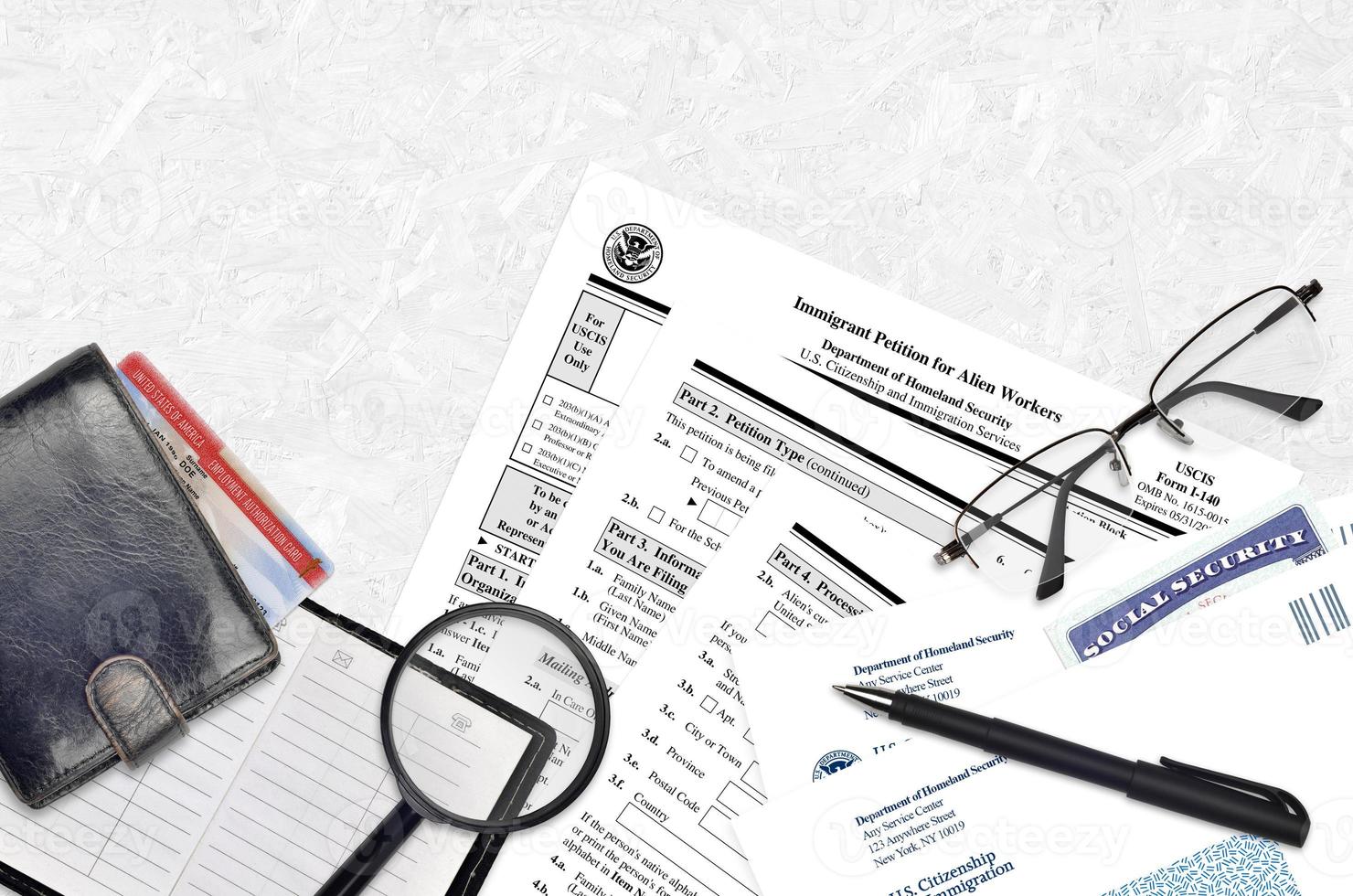Family-based Immigration
We work with spouses, parents, unmarried minor children, and siblings of US citizens and in some instances LPRs.
Family-based Immigration
One of the core avenues for immigration to the US is through family ties. Depending on the relation to a US sponsor, an individual may have different options for filing and will experience various wait times. We work with spouses, parents, unmarried minor children, and siblings of US Citizens and in some instances LPRs.
We Assist with the Following Family-Based Immigration Procedures:
- Immediate Relative petitions (I-130)
- Fiance petitions (I-129f)
- Removal of Condition (I-751)
- Adjustment of Status (i-485)

- Family unity is a cornerstone of US immigration law. For many, immigrating to the United States through family ties is the most meaningful pathway to building a life together. The specific options and processes available depend on your relationship to a US citizen or lawful permanent resident (LPR) sponsor.
- At Gray Whale Law, we understand the profound importance of family reunification and are dedicated to providing compassionate and expert legal assistance to guide you through every step of the family-based immigration journey. Whether you are a spouse, parent, unmarried minor child, or sibling of a US citizen, or in certain cases, a relative of an LPR, we can help you navigate the complexities of family-based petitions and applications.
- Our experienced attorneys expertly handle Immediate Relative petitions (Form I-130), Fiancé Visas (Form I-129F), Removal of Conditions on Green Cards (Form I-751), and Adjustment of Status applications (Form I-485). Let Gray Whale Law be your trusted partner in bringing your family together in the United States.
Frequently Asked Questions:
About Family-Based Immigration
Family-based immigration allows US citizens and lawful permanent residents (green card holders) to sponsor certain family members for green cards (permanent residency) in the United States.
US citizens can sponsor spouses, parents, children (unmarried and under 21), and siblings.
Lawful permanent residents can sponsor spouses and unmarried children.
Gray Whale Law can help you determine if you are eligible to sponsor a family member or be sponsored for family-based immigration.
Family-based immigration processes can be complex and involve detailed eligibility and documentation requirements, multi-step filings according to lengthy timelines, costly filing fees, and interviews with government officials. An experienced immigration lawyer can guide you through each step, ensure accuracy and completeness in your applications, address potential legal issues, and represent you before USCIS to maximize your chances of success and minimize delays.
The first step depends on your specific situation. Generally, for most family-based categories, the US citizen or lawful permanent resident sponsor will file a Petition for Alien Relative (Form I-130) with USCIS. For fiancé visas, a Petition for Alien Fiancé (Form I-129f) is filed. Contact Gray Whale Law to discuss your family situation and determine the appropriate first steps for your case.
The required documentation varies depending on the specific petition and family relationship, but generally includes proof of the sponsor’s US citizenship or LPR status, proof of the family relationship (e.g., marriage certificate, birth certificate), nationality information, employment information, and other supporting evidence. Gray Whale Law provides you with a detailed checklist of required documents tailored to your specific case.

